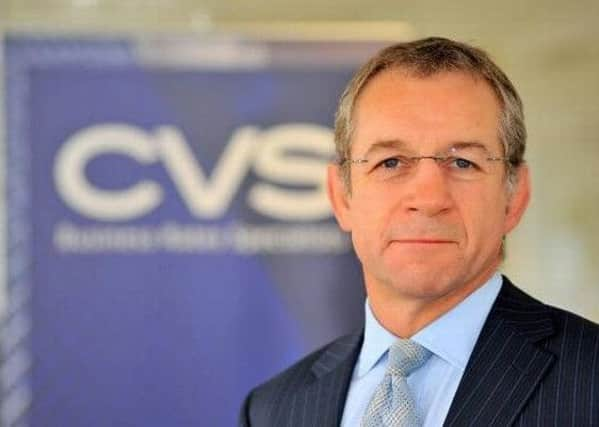Trust chiefs face £290k business rates increase


Despite news last week that The Royal College of Emergency Medicine is discussions over extra money to help A&E departments cope with record attendances, CVS Business Rent and Rates specialists say that business rate bills for NHS hospitals in England are set to rise by a staggering £322m by 2020.
Wigan Infirmary will see its rateable value - the property assessment used to calculate business rates bills - increase from £1.32m to £1.39m, it says.
Advertisement
Hide AdAdvertisement
Hide AdThis year the hospital paid £656,000 but this is forecast to rise annually to £692,000 by the end of the decade, taking almost £36,000 per year away from its front line services.
In total it will pay a £3.4m business rates bill over the next five years - £180,000 more than if the rate stayed the same.
And that’s not the only financial impact on Wrightington Wigan and Leigh NHS Foundation Trust because Leigh Infirmary will have to find an extra £85,000 and The Thomas Linacre Centre on Parsons Walk an additional £25,000 in the same period.
Towards the end of last year, the Government adjusted the rateable values of every business property in England and Wales to reflect changes in the property market. It came two years later than originally planned following a Government-imposed freeze due to the tough economic climate.
Advertisement
Hide AdAdvertisement
Hide AdThe new value will be used to determine the basis of the tax calculation for rates in April.
CVS chief executive Mark Rigby said: “Theresa May’s Government has the aspiration to cut corporation tax to the lowest level in the G20, but what we need more than ever, given the current and future challenges facing both the public and private sectors are competitive property taxes. The focus must be on the business rates yield, as this is currently the highest of any G20 country both as a percentage of GDP and overall taxation.”
Last year dozens of NHS trusts wrote to local councils claiming they were eligible for an 80 discount on business rates which was branded “ridiculous” by council representatives. The trusts claimed they should be classified as charities, meaning they would be eligible for an 80 per cent tax discount.
Many private healthcare groups, such as Nuffield Health, the UK’s second largest charity, are registered as charities and benefit from such tax breaks.